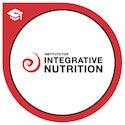
The fertility journey has MANY ups and downs and it looks very different for everyone as our journeys are unique! Some may choose a traditional approach, others a combination of traditional approach with reproductive assistance, reproductive assistance alone or possibly surrogacy. One common denominator we all have regardless of the approach we have chosen is the dreadful “two week wait”!
As a refresher, the length of a reproductive cycle is typically: the menstrual phase (3-7 days), follicular phase (7-10 days), ovulation (2-3 days) and luteal phase (12-16 days!).
So in response to the popular request, I thought it might be helpful to share a few tips to keeping the faith in your process during this 12-16 days luteal phase?
- Keep moving your body. Just because you are or may be pregnant doesn’t mean you stop exercising. Exercising helps keep stress down, moves toxins out of your system, helps to regulate your hormones, brings more oxygen to you and your baby, and when you exercise your body releases endorphins which trigger a positive feeling in the body. *Unless your doctor has advised to stop for a period of time for a specific health reason or just after an embryo transfer, moderate/low intensity (gentle yoga, biking, swimming, walking) exercise is generally appropriate for all. Listen to you body, it knows best! Feel free to visit my yoga classes if you’re unsure!
- Keep eating healthfully. Research has shown there is an interaction between our gut and brain called the gut-brain axis. This is where the nervous system and the GI tract interact so don’t fall off the wagon now! Our healthy habits are paramount for a healthy, happy child. Learn more about the gut-brain axis here !
- Reframe your struggle. Instead of thinking you are overwhelmed, tell yourself, you are excited to have the chance to be in this two week wait. You may not be less stressed or anxious, but the mind is powerful, so the more you repeat it to yourself the more you’ll believe and receive the benefits of both cortisol release.
- Use a mantra. A mantra is a word, words, or sounds that you repeat to focus your concentration when your mind is going down the rabbit hole of negative thoughts. Try “out of my hands” because it is! Inhale through your nose, exhale, repeat to yourself the words for two minutes and build up to 20 minutes.
Want to learn more ways you can manage the ups and downs of fertility? Or need more support? Schedule a 20 minute discovery session
Sign up for my 12 tips to optimize your fertility health here!
Be well,
Diana
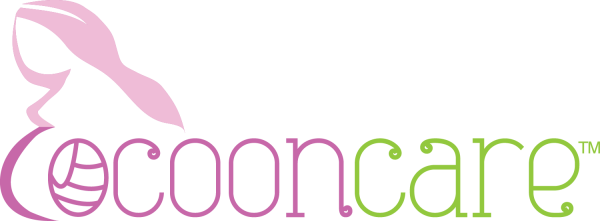

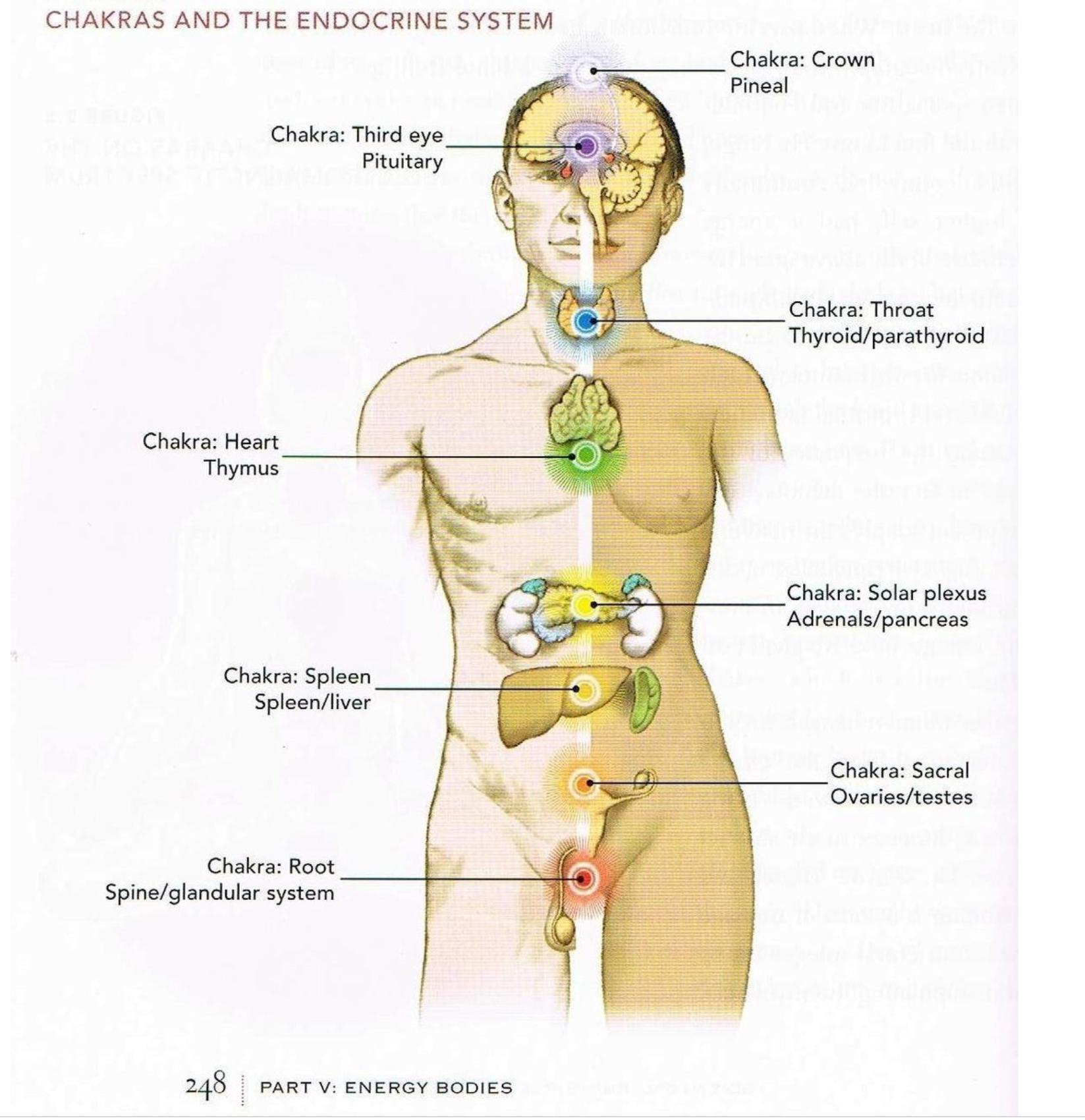




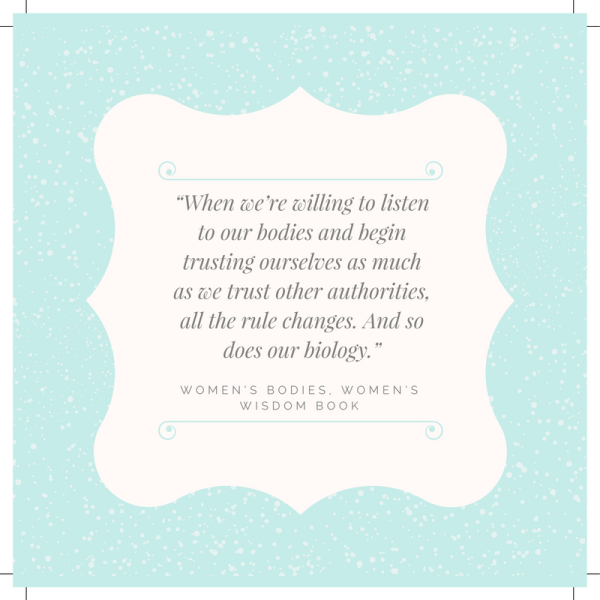



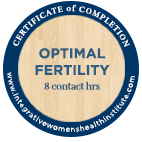
.png)



